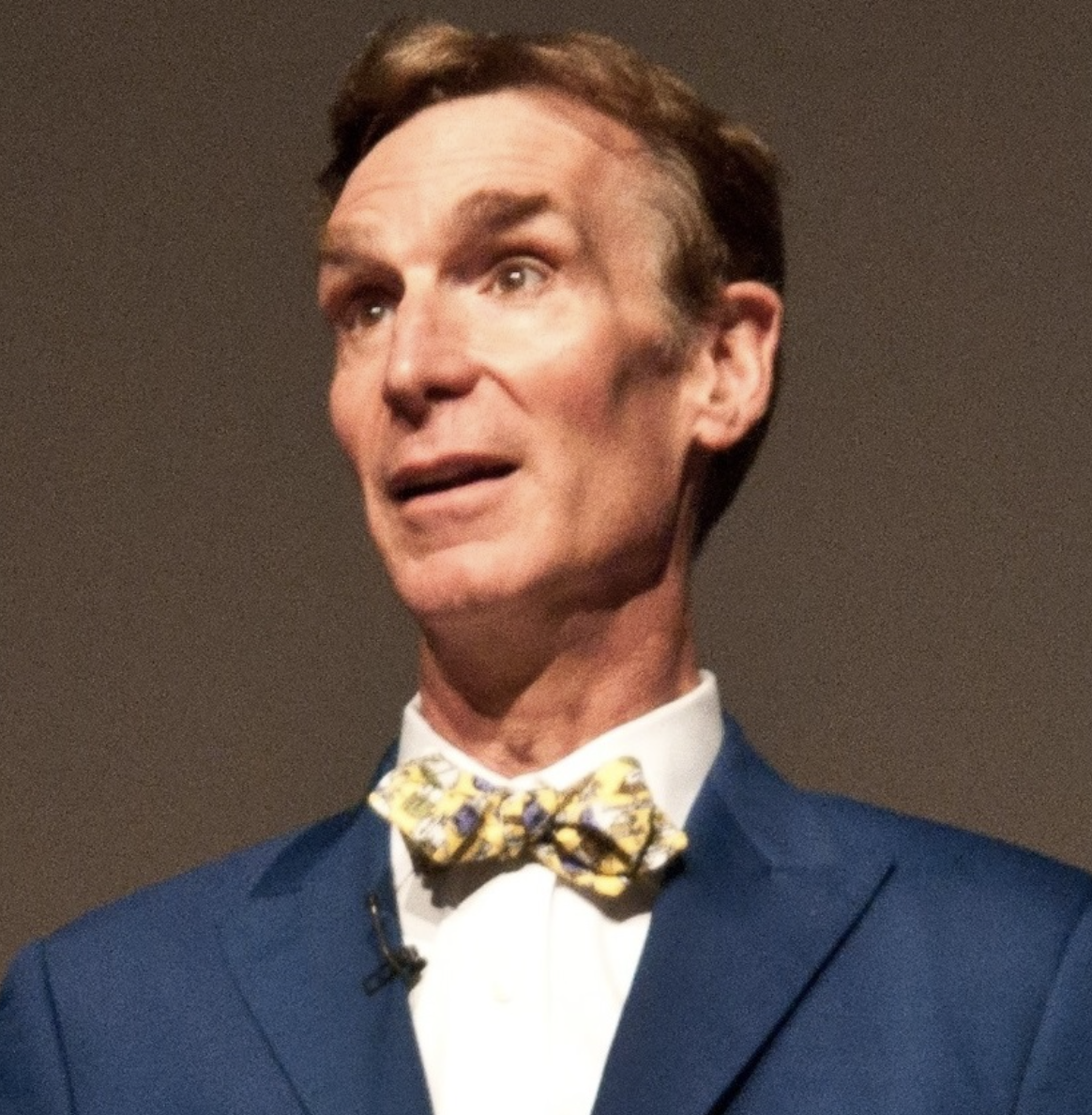MedPage Today – An investigation by Science Magazine tells how Matthew Schrag, MD, PhD, neuroscientist and physician at Vanderbilt, unearthed serious problems with research on a protein subtype of amyloid beta that has been a cornerstone of research and spending on Alzheimer’s for over a decade.
Schrag found that images accompanying highly cited Alzheimer’s studies touting major breakthroughs for the field were very plausibly altered. Using the online platform PubPeer, where scientists flag mistakes in research, Schrag stumbled upon comments on articles led by Sylvain Lesné, PhD, of the University of Minnesota.
“Multiple instances of research misconduct”
Western blot images from the articles showed bands of molecules separated by size, but Schrag was able to point to many cases where parts of these bands appear to have been copied and pasted, calling into question their findings.
Lesné’s images had supported a theory that an oligomer species called Aβ*56 was the most important of many oligomers, which were thought to be more pathogenic than other plaques — and thus, a potential drug target.
One of the papers, published in Nature, has been cited 2,300 times, and related NIH funding for related oligomer and Alzheimer’s research grew to $287 million. Lesné and the lab where he worked won accolades: awards, grants, and prominence.
“You can cheat to get a paper. You can cheat to get a degree. You can cheat to get a grant. You can’t cheat to cure a disease. Biology doesn’t care.” – Matthew Schrag, MD, PhD
Nature has learned that Ohio State University’s inquiries into papers from the lab of superstar cancer researcher Carlo Croce, MD, proceeded to formal investigations — and two of these discovered multiple instances of research misconduct.
In particular, the investigations found evidence of data falsification and plagiarism by scientists under Croce, Michela Garofalo and Flavia Pichiorri, both of whom have since left the university.
“Garofalo said she didn’t understand what plagiarism was, and that image flaws didn’t affect the research outcomes … “
Pichiorri was found to have falsified research data nine times in three papers, and the university’s investigation committee found 11 instances where Garofalo had plagiarized and falsified images in 8 papers.
Both researchers have defended their work. Pichiorri said she was overwhelmed with pressure from Croce and the lab, and had limited imaging skills. Garofalo said she didn’t understand what plagiarism was, and that image flaws didn’t affect the research outcomes … READ MORE.
Americans’ Trust in Scientists, Other Groups Declines
Republicans’ confidence in medical scientists down sharply since early in the coronavirus outbreak
BY BRIAN KENNEDY, ALEC TYSON AND CARY FUNK
PEW RESEARCH – Americans’ confidence in groups and institutions has turned downward compared with just a year ago. Trust in scientists and medical scientists, once seemingly buoyed by their central role in addressing the coronavirus outbreak, is now below pre-pandemic levels.
Overall, 29% of U.S. adults say they have a great deal of confidence in medical scientists to act in the best interests of the public, down from 40% who said this in November 2020.
Similarly, the share with a great deal of confidence in scientists to act in the public’s best interests is down by 10 percentage points (from 39% to 29%), according to a new Pew Research Center survey.
The new findings represent a shift in the recent trajectory of attitudes toward medical scientists and scientists. Public confidence in both groups had increased shortly after the start of the coronavirus outbreak, according to an April 2020 survey. Current ratings of medical scientists and scientists have now fallen below where they were in January 2019, before the emergence of the coronavirus.
Scientists and medical scientists are not the only groups and institutions to see their confidence ratings decline in the last year. The share of Americans who say they have a great deal of confidence in the military to act in the public’s best interests has fallen 14 points, from 39% in November 2020 to 25% in the current survey.
And the shares of Americans with a great deal of confidence in K-12 public school principals and police officers have also decreased (by 7 and 6 points, respectively) … READ MORE.



